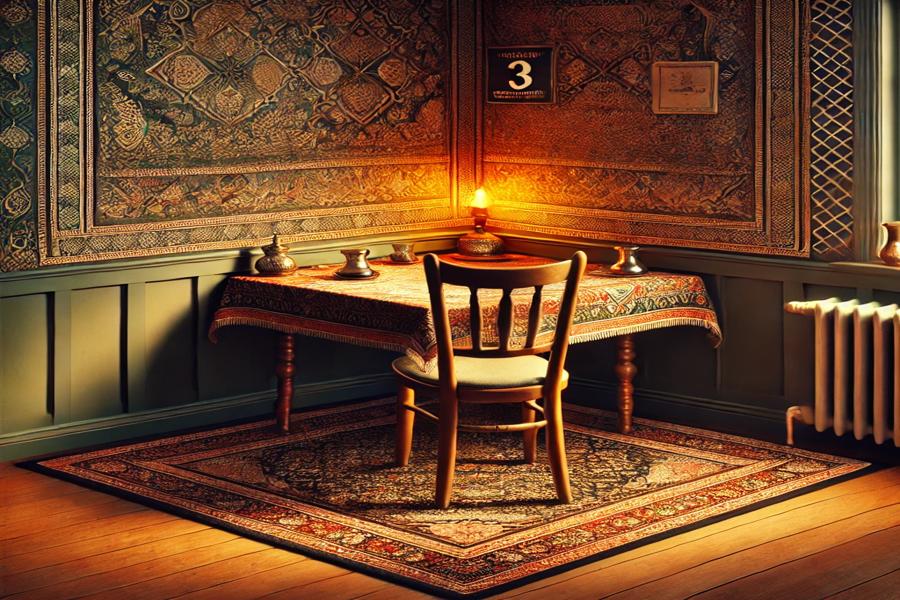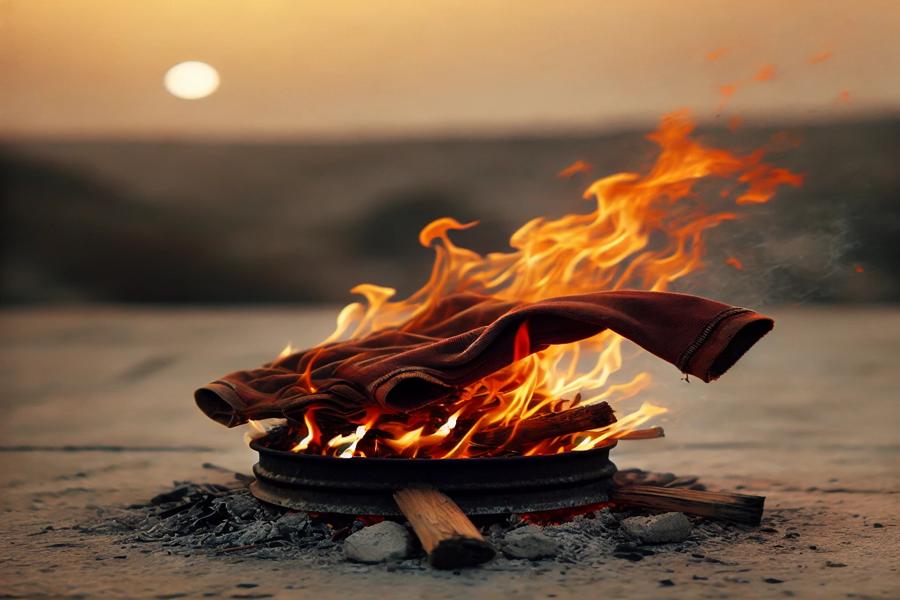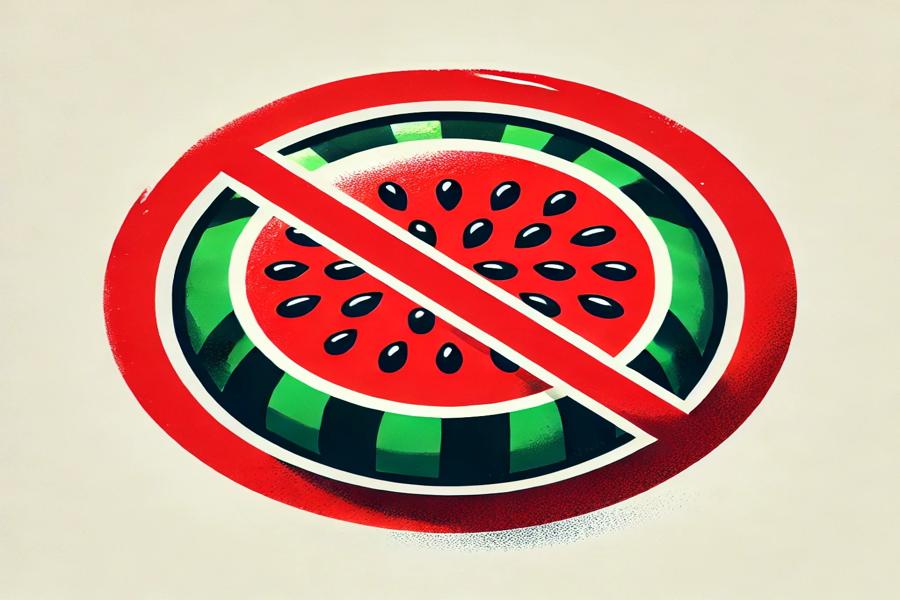Table of Contents
13 Intriguing Turkish Superstitions: Unveiling Turkey’s Beliefs
Where East meets West, Turkey is rich in history, culture, and tradition. But beyond its vibrant markets, ancient ruins, and bustling cities lies a world steeped in superstition. Turkish superstitions, deeply rooted in the country’s diverse cultural heritage, continue to influence daily life, blending ancient beliefs with modern practices. Here are 13 fascinating Turkish superstitions that offer a glimpse into the mystical side of Turkey.
1. The Nazar Boncuğu (Evil Eye Talisman)
One of the most iconic symbols in Turkey is the nazar boncuğu, a blue and white eye-shaped amulet believed to protect against the evil eye. The evil eye is thought to bring bad luck, illness, or harm, often caused by envy or jealousy. To ward off these negative influences, Turks hang the nazar in homes, cars, businesses, and even on jewelry. It’s a common sight across the country and an essential part of Turkish superstition.
2. Knocking on Wood and Saying “Maşallah”
In Turkey, when someone compliments you or your belongings, it’s customary to knock on wood and say “Maşallah” (which means “God has willed it”) to protect against the evil eye. This superstition is meant to prevent the compliment from bringing bad luck. The phrase is often said immediately after praising something, and it’s not uncommon to see “Maşallah” written on items like cars, homes, and baby clothes as an extra layer of protection.
3. Spilling Water for Good Luck
In Turkey, spilling water behind someone as they leave the house is a common practice to ensure they have a safe and smooth journey. The flowing water symbolizes a trouble-free trip and a quick return. This superstition is often observed when someone is embarking on a long journey or an important venture, with family members pouring water on the ground behind them as they depart.

4. The Superstition of Bread
Bread holds a sacred place in Turkish culture, symbolizing sustenance and life. It’s considered very bad luck to throw away bread or to let it touch the ground. If bread does fall, it must be kissed and touched to the forehead before being placed back on the table. This reverence for bread is deeply ingrained in Turkish society, reflecting the belief that bread should always be respected and never wasted.
5. Whistling Indoors Attracts the Devil
In Turkey, whistling indoors is believed to attract evil spirits or the devil. This superstition is particularly strong at night when it’s thought that the noise of whistling can summon unwanted supernatural beings. Many Turks avoid whistling inside their homes, especially after dark, to keep negative entities at bay.
6. Sitting at the Corner of a Table
In Turkish culture, it’s believed that sitting at the corner of a table will prevent a person from getting married. Often passed down by older family members, many avoid sitting at the corners during meals, particularly if they are unmarried. The belief is that this position at the table could block future romantic prospects.

7. Stepping on a Threshold
Stepping directly on the threshold of a door is considered bad luck in Turkey. The threshold is seen as a symbolic boundary between the inside and outside worlds, and stepping on it is believed to disrupt the balance of energy. Instead, Turks are careful to step over the threshold when entering or leaving a home, ensuring they don’t bring bad luck or negative energy with them.
8. Avoiding Scissors on New Year’s Day
On New Year’s Day, it’s a Turkish superstition to avoid using scissors, as it is believed that cutting something on this day could “cut” your luck for the coming year. The idea is that the act of cutting symbolizes severing your good fortune. Many Turks are careful to put away sharp objects like scissors and knives on this day to ensure a prosperous year ahead.
9. Burning Eskiyi Yakmak (Old Clothes)
In Turkey, burning old clothes at the end of the year is a ritual meant to rid oneself of past misfortunes and make a fresh start in the new year. This superstition symbolizes leaving behind old troubles and bad luck, making room for new opportunities and positive experiences. The practice is more common in rural areas, where traditional customs are more closely observed.

10. Placing a Knife under the Pillow
It’s a common Turkish superstition to place a knife under a pillow to ward off nightmares or to protect against evil spirits. The belief is that the sharpness of the knife will cut through bad dreams and negative energies, providing a peaceful night’s sleep. Some also believe that this practice can help cure illness, especially when someone is suffering from a fever or a headache.
11. Chewing Gum at Night
In Turkey, there’s a superstition that chewing gum at night is akin to chewing the flesh of the dead. This eerie belief stems from the idea that spirits are more active at night, and chewing gum after dark is seen as a disrespectful and dangerous act that could attract malevolent spirits. Because of this, many Turks avoid chewing gum in the evening hours.
12. Avoiding Watermelon Seeds
Watermelons are a popular summer fruit in Turkey, but there’s a superstition that swallowing watermelon seeds will cause them to grow inside your stomach. While this belief is more of a playful cautionary tale, it’s often told to children to prevent them from swallowing the seeds. It’s one of the many fun superstitions that continue to be shared across generations.

13. Jumping Over a Fire
During the spring festival of Nevruz, which is celebrated by many in Turkey, it’s a tradition to jump over a fire to cleanse oneself of bad luck and negative energy. This ritual, which has its roots in ancient Persian traditions, is believed to bring good fortune and health for the coming year. The fire symbolizes purification, and the act of jumping over it represents the shedding of past troubles.
Conclusion
Turkish superstitions offer a fascinating glimpse into the blend of ancient traditions, religious beliefs, and cultural practices that continue to influence life in Turkey. From the protective power of the nazar boncuğu to the rituals of New Year’s Day, these superstitions reveal a culture deeply connected to the mystical and the unseen. Whether for protection, good luck, or avoiding misfortune, these beliefs remain an integral part of Turkish life, adding a layer of mystery and tradition to the country’s rich cultural heritage.
